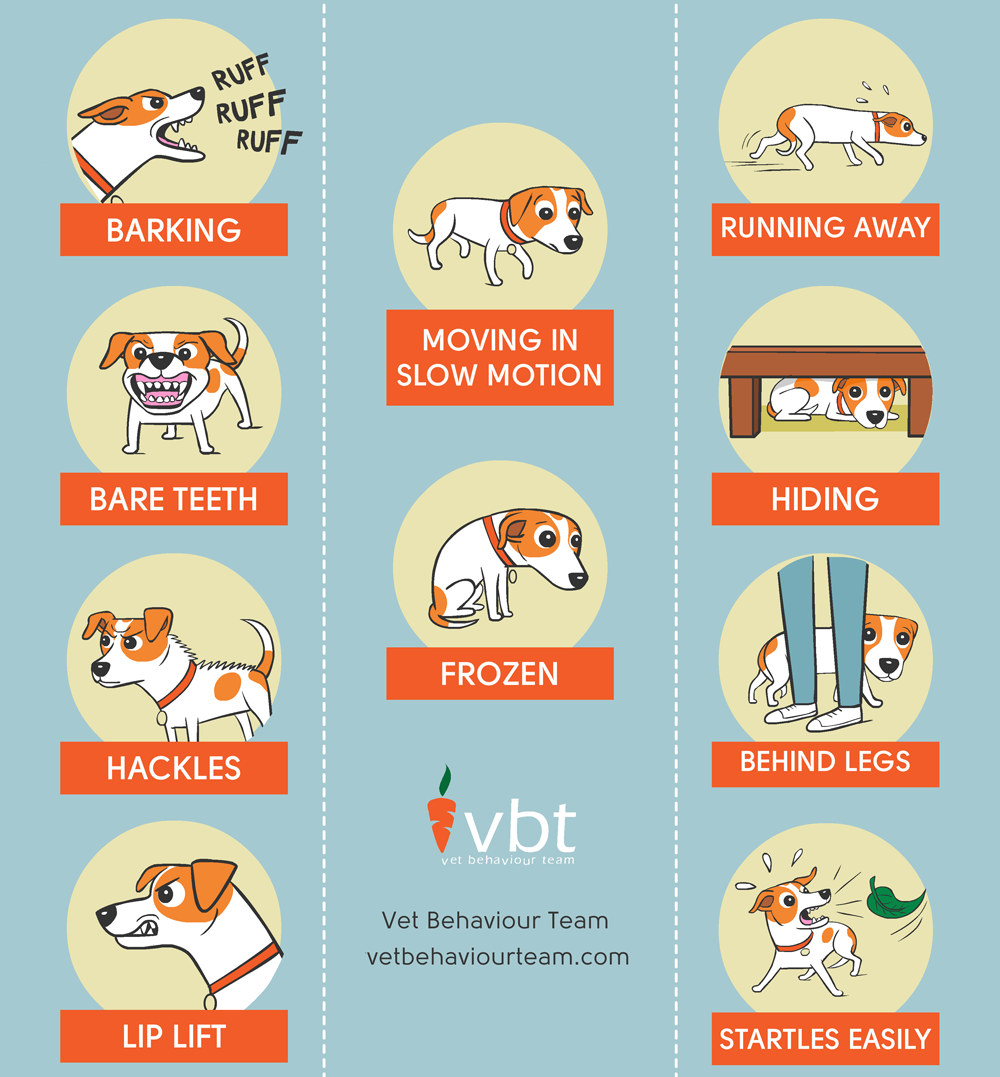What Vaccines Are Required By Law For Dogs
What Vaccines Are Required By Law For Dogs
Blog Article
Can Dog Daycare Cause Illness?
Pet dogs in day care receive great deals of workout, socialization with other pets and special experiences. This can be particularly helpful for pups and pet dogs with behavioral issues.
There are numerous legal considerations you need to think about when starting a doggy daycare company. These consist of the framework of your organization and conformity with government policies.
1. Dog Distemper
Canine distemper is spread out with straight contact with the physical liquids and waste of a contaminated dog, but it can also be transferred through common water and food bowls or with air-borne beads. This very transmittable illness is most dangerous for puppies, but it can impact dogs of any age and is deadly for the majority of if left unattended.
First signs and symptoms of canine distemper usually mimic a common cold, consisting of dripping eyes and nose with watery or pus-like discharge. As the condition advances, a pet dog will certainly establish fever, coughing, decreased appetite, vomiting and diarrhea. The infection can additionally assault the nerve system, leading to seizures, twitching and partial or complete paralysis.
Trusted day cares decrease direct exposure to infection by needing inoculations, routine health examinations and comply with strict hygiene protocols. If your pup appears extremely worn out or hopping, a day of rest may help him recover, but you should stay clear of taking him back to childcare up until these signs clean up.
2. Kennel Cough
Kennel cough, also called transmittable canine tracheobronchitis or Bordetella, is a very transmittable viral or bacterial disease that influences the respiratory system system. It's typically transferred via the exchange of saliva or air beads that an unwell pet dog exhales. Social dogs go to greater risk for infection as a result of their constant interaction with one another, such as when they play, share food or water, smell one another or simply fulfill in a congested atmosphere like a dog park or childcare.
The most common signs and symptom of kennel coughing is a persistent and strong coughing that sounds like something embeded the throat or retching. Typically, canines will certainly spend frothy white phlegm. If left untreated, a pet can establish pneumonia and be at serious danger forever.
A trusted daycare center ought to have strict cleansing and cleanliness protocols, disinfect all playthings, food and water bowls routinely, and be open about their inoculation policies. Maintaining your pet dog as much as day on their inoculations, specifically for bordetella and canine flu, will considerably reduce their opportunities of acquiring the ailment.
3. Parvovirus
Canine parvovirus, or parvo, is an extremely contagious viral health problem that can be lethal for puppies and young person dogs with inadequate immune systems. It's most generally spread by straight contact with polluted pet feces-- which can occur when dogs smell, lick, or taste contaminated feces-- and indirectly from contaminated individuals, objects, or settings (like kennels, grooming spaces and lawns). Young puppies and dogs without total vaccination histories are specifically vulnerable to parvo.
The infection is incredibly resistant, making it through in the environment for as much as 9 years, and can quickly be moved between pet dogs by contact with feces or on footwear, clothing, and bed linen contaminated with parvovirus. Otherwise treated right away with IV liquids, electrolyte balance, throwing up control medications and antibiotics to prevent secondary microbial infections, a canine will quickly dehydrate and create severe looseness of the bowels, which causes shock and sepsis. Parvo is tough to treat once a pet has actually come to be ill, dog kennel near me however with ideal veterinary treatment, numerous pups do survive this health problem.
4. Canine Flu
Pooch influenza infection is extremely transmittable and spreads through straight call, sharing food and water bowls, licking or nuzzling other canines, via airborne beads, and via polluted surface areas. Vaccination works in reducing the danger of infection and outbreaks.
A lot of influenced canines establish a light respiratory infection with a coughing that lasts 1-3 weeks. They might also have nasal and eye discharge, sneezing, and sleepiness. Some of the most severe cases lead to pneumonia and a high fever.
If your pet exhibits any of these signs, do not bring them back to childcare until they are healthy. If your pet is showing indications of severe fatigue or hopping, talk to your vet as soon as possible and make sure they get on healthiness supplements to help develop their resistance. A veterinarian will examine your pet for symptoms of the influenza by taking an example from the nose or throat, and blood examinations can be done to confirm.